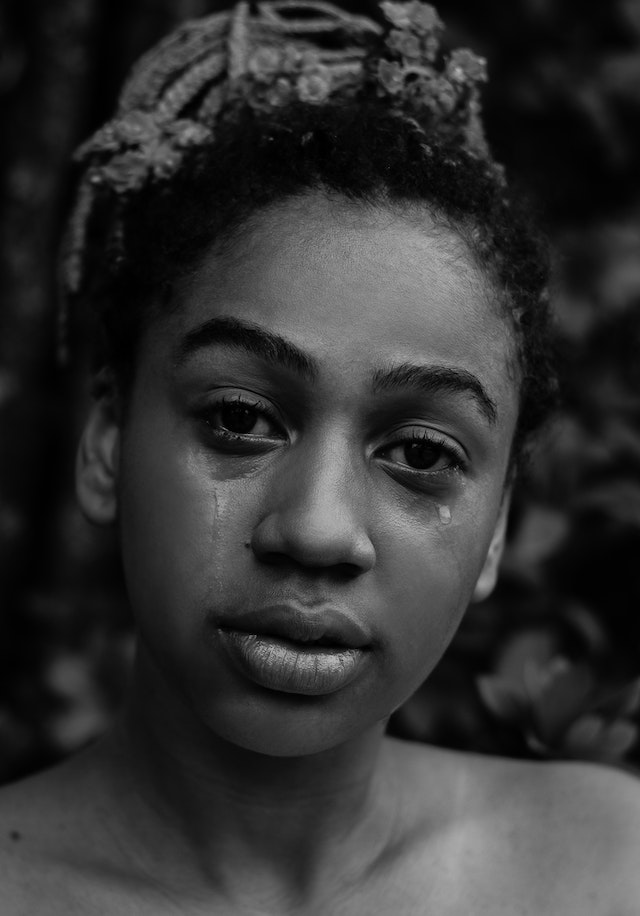
Unlocking the Silent Struggles.
The effects of childhood trauma can last a person’s entire life. There are hidden habits that frequently go unreported, even if certain impacts could be immediately noticeable. This blog will examine the unspoken behaviors of those who have suffered from childhood trauma, illuminating their coping processes and recuperation techniques(“Hidden Habits of Childhood Trauma Survivors”)
Hyper-Vigilance: The Constant Guard.
Hypervigilance is one unspoken behavior shared by those who have survived childhood trauma. Always vigilant, they are perceptive of any potential threat or danger, even in circumstances that might seem secure. This increased attentiveness might cause anxiety and make it harder to unwind.
Self-Isolation: The Safety of Solitude.
Many people who have experienced childhood trauma start to isolate themselves. This behavior results from a fear of vulnerability and the conviction that solitude is the safest course of action. The development of wholesome relationships and social connections may be hampered.

Perfectionism: The Unattainable Standard.
A secret behavior that is frequently linked to childhood trauma is perfectionism. In order to reestablish a sense of control, survivors might feel a strong urge to excel in every aspect of their lives. Burnout and persistent stress can result from this.
Emotional Numbness: The Shielded Heart.
Some trauma survivors form the habit of emotional numbness as a way to deal with overwhelming feelings. To shield oneself from suffering, they cut off from their emotions. This may obstruct intimacy and emotional development.
Self-Criticism: The Inner Demons.
Trauma in childhood might lead to harsh self-criticism. Because they feel they are to fault for the trauma they experienced, survivors frequently internalize blame and guilt. Self-sabotage and low self-esteem might result from this habit.

Avoidance: The Escape Route.
Trauma survivors frequently resort to avoidance as a coping mechanism for stimuli. They might stay away from people, places, or circumstances that bring up their trauma. Although it offers momentary relief, this can impede personal development.
Difficulty Trusting Others: The Betrayal Barrier.
Survivors of childhood trauma may find it difficult to trust people. A child who has been betrayed or abandoned during their early years may develop a lifelong fear of being wounded again. This behavior may prevent the growth of enduring partnerships.https://www.buzzfeed.com/ravenishak/childhood-trauma-signs-in-adults
Emotional Flashbacks: The Time Warp.
Even though they are unable to consciously remember the events, survivors of past traumas have hidden patterns that cause emotional flashbacks. It might be difficult to recognize and control them since they can be brought on by events that do not seem related.
Self-Care Neglect: The Last Priority.
Those who have experienced childhood trauma frequently put the needs of others above their own. They could develop the hidden habit of neglecting self-care, which can result in physical and emotional exhaustion.https://www.ncbi.nlm.nih.gov/books/NBK207191/
Therapy Resistance: The Defense Mechanism.
As a coping tactic, some trauma survivors reject counseling or assistance. They worry about appearing weak or exposing previous wounds. It may be essential to take this habit out of your life in order to start healing.
Conclusion.
For the purpose of encouraging empathy and offering help, it is crucial to comprehend the covert behaviors of childhood trauma survivors. It is critical to keep in mind that these behaviors develop as coping mechanisms, and that survivors can progressively recover and lead satisfying lives with the correct therapy and support. The first step in recovery from childhood trauma is to seek professional assistance if you or someone you love is experiencing difficulties.https://www.hindustantimes.com/lifestyle/health/hidden-habits-of-people-who-experienced-childhood-trauma-101694325711001.html


